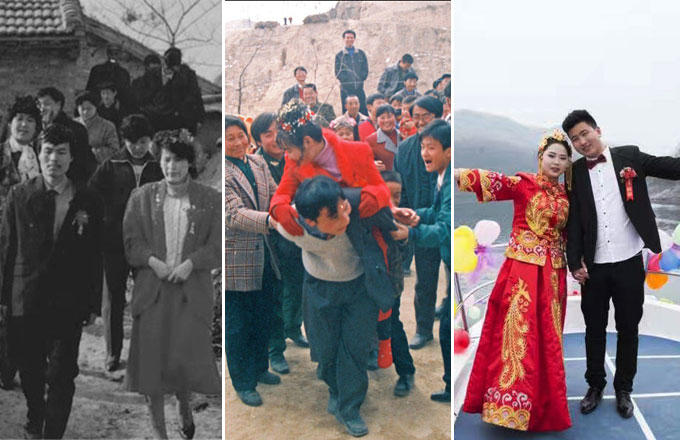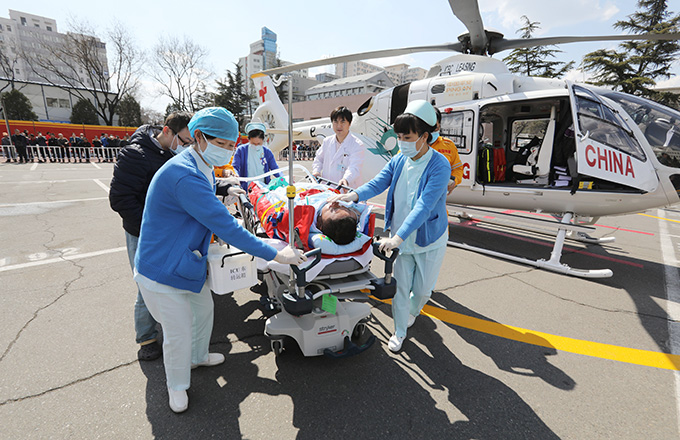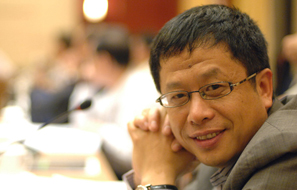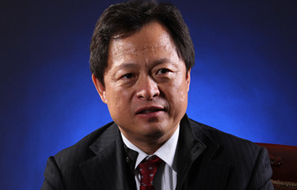Family doctors help 'better manage' health
For Shanghai retiree Li Feng, who has coronary heart disease, finding a doctor to renew his prescription is no longer a headache thanks to the city's family doctor system.
"Hospitals and resources in suburban areas are sparse, which means we used to have to travel to large hospitals downtown," said the 71-year-old, who lives in Longbai community in Minhang district.
In 1995, Li and his wife, Shen Liuliu, who is now 68, relocated to the suburbs. The couple used to travel to hospitals in downtown areas twice a month to renew prescriptions.
"It's so crowded in large hospitals. It often exhausted me," Li added.
However, things changed in 2011 when the city implemented a new medical service model based on community health centers.
That same year, the city took a national lead in piloting a family doctor system in communities. The system aims to make life more convenient for residents who need medical services.
Under the system, residents can sign a contract with a family doctor working at a community health center. When they have health problems, they can contact their contracted family doctor for diagnosis and treatment, with patients transferred to higher-level hospitals if necessary.
The family doctor system mainly benefits people aged 60 or above and those with chronic diseases, according to the Shanghai Health and Family Planning Commission.
Li and his wife were among the first residents to sign up with the family doctor system. The health information, such as medical history and details of allergies, of residents who sign up is recorded.
Over the years, Shanghai health authorities have worked to improve the family doctor system. For example, residents with chronic conditions can obtain prescriptions at local community health centers instead of having to visit large hospitals. Family doctors work as residents' health management experts, reminding them of how to control chronic conditions and providing free health checks.
The family doctor system has expanded to all communities across the city, with more than 10 million residents signing up.
Data from Shanghai Social Investigation Research Center showed that more than 92 percent of residents said they don't have difficulty finding a family doctor when they are ill, with the number of residents who are satisfied with family doctors' attitude reaching nearly 96 percent.
In addition to signing a contract with a community-based family doctor, residents can also sign a contract with a district-level and city-level hospital.
"This is an upgrade to the family doctor system, which aims to better meet the needs of residents," said Wu Jinglei, director of the commission, which said that about 1 million residents have also signed contract with hospitals.
"The family doctor system allows us to receive high-quality medical services in a more convenient way. It helps us better manage our health," said Shen.
In addition to people aged 60 or above, the system is expected to greatly benefit children, addressing illness prevention, vaccinations and treatment of common diseases, Wu said.


















